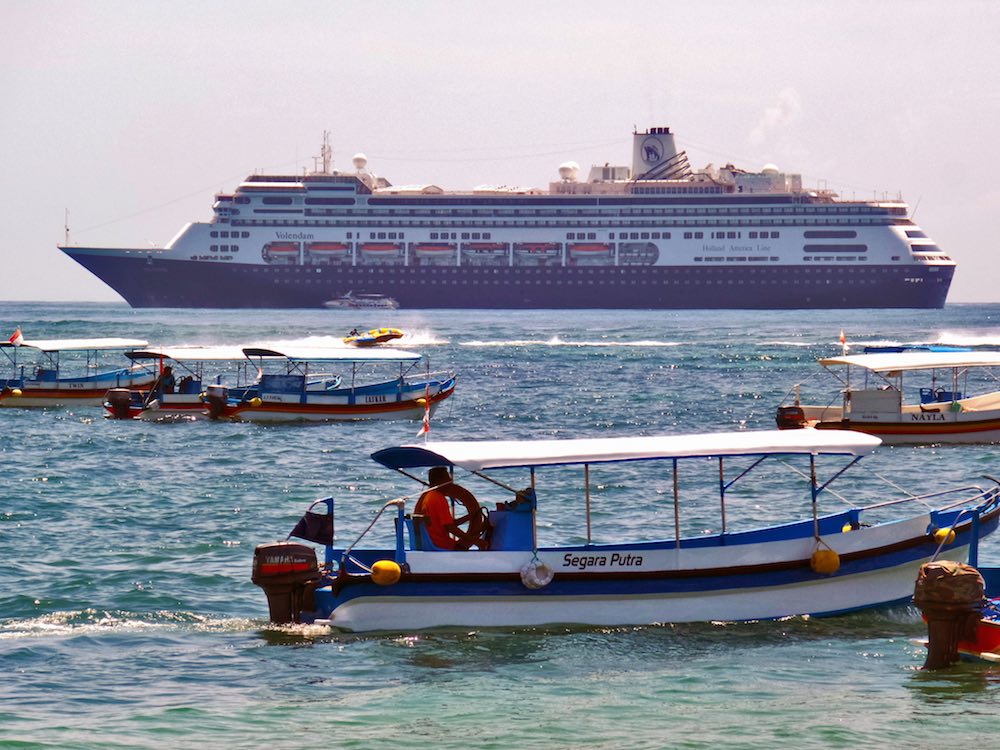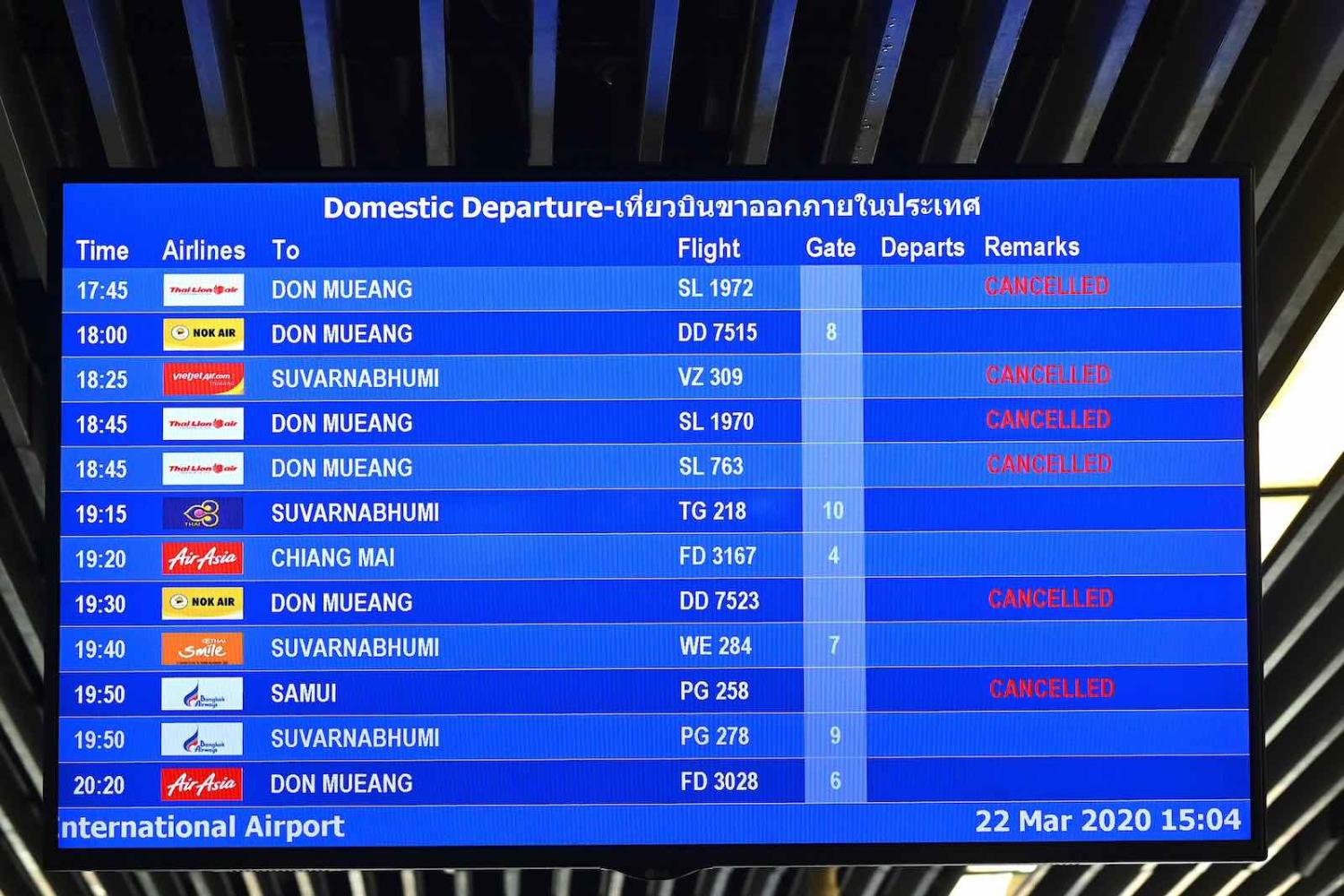Airlines are cancelling up to 90% of flights due to the rapid decline in travel brought on by Covid-19. Most of the world is being encouraged, or ordered, not to fly, and mandatory self-isolation is increasing common anyone arriving in more and more countries. That’s if they are allowed to enter at all. The travel industry is taking an unprecedented hit, and that will extend to the tourism sector more broadly.
The focus presently in Australia is appropriately on the domestic response to the unfolding health and economic crisis. But Australia’s long-standing overseas aid program also has a critical role to play in supporting the response in the region. That starts with helping fragile health systems to cope with this evolving crisis, which also reduces the chance of the further spread to Australia. But when the disease is eventually controlled and the recovery begins, industries around tourism will need support, else the flow on effects of Covid-19 will be even more severe.
The tourism sector has employed tens of millions of people in the countries in Asia that Australia provides development assistance (by our calculations, based on data from the World Travel and Tourism Council and the World Bank, as many as 40 million workers are involved). For the Pacific, tourist numbers are comparatively much lower, however the tourism sector has been a growing share of GDP and the sector employs nearly 100,000 people in Melanesia alone (Papua New Guinea, Solomon Islands, Vanuatu, and Fiji).
Avoiding the demise of small businesses and sectors critical to livelihoods such as tourism is also vital to ensure regional stability.
For many of those people dependent on the tourism sector, income diversification is rarely an option. Jobs in the tourism, including as drivers, hotel and restaurant staff, tour guides, transport operators and entertainers, generally go to low skilled or unskilled people. These people may migrate from rural areas to more urban areas in search of employment, and are in casual roles, which are highly seasonal and lack any sort of job protection or broader social safety net. The sudden and unprecedented drop in tourist numbers will mean sudden unemployment.
Initial estimates suggest Covid-19 will cost Asia up to $115 billion in lost tourism revenue. Visiting people in remote and rural parts of Asia shows firsthand how the tourist dollar dictates whether or not children go to school, whether or not adults access healthcare, and whether or not a family of four lives in a safe and secure home, or on the street.

Australia is blessed with universal access to high quality health care and sophisticated social security system that will help those affected by the pandemic with a safety net. Not all neighbouring countries are as fortunate.
In economics, unemployment benefits are often thought of as an automatic stabiliser, kicking in when the economy deteriorates and people most need the support. It’s not often that the overseas development program is described in this manner, but in the context of the current health and economic crisis, it may be an appropriate way to think about what is needed in Australia’s response in the region.
The aid program does not have the flexibility to pivot entirely to crisis response, but there is flexibility in the humanitarian aid budget. The immediate need in parts of Asia will be to ensure food and health supplies are available and accessible. Given many Australian development NGOs or their local counterparts have an existing presence in remote and rural parts of Asia, Australian aid can play an important role in getting supplies to communities in need.
In the longer term, the pandemic points to the priorities that must be part of Australia’s new aid policy, especially the importance of helping build health systems and skills in the region, not just infrastructure. Support for developing social safety nets to see communities through future crises is also essential.
At the same time, avoiding the demise of small businesses and sectors critical to livelihoods such as tourism is also vital to ensure regional stability, so as not to completely derail the development trajectory that had been underway. The cruise ships might not be welcome now. But in the months and years ahead, the dollars those tourist can bring will be essential to recovery from the potentially life-threatening economic impacts of a pandemic long after the health impacts are dealt with.


